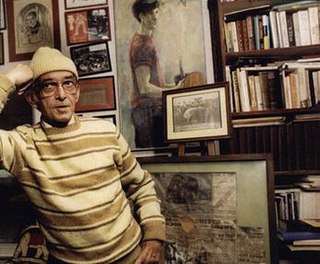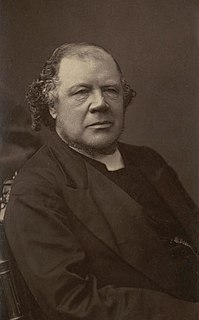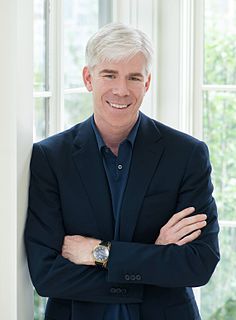A Quote by Horace Bushnell
Faith is the act of trust by which one being, a sinner, commits himself to another being, a Saviour.
Related Quotes
Faith is not our saviour. It was not faith that was born at Bethlehem and died on Golgotha for us. It was not faith that loved us, and gave itself for us; that bore our sins in its own body on the tree; that died and rose again for our sins. Faith is one thing, the Saviour is another. Faith is one thing, and the cross is another. Let us not confound them, nor ascribe to a poor, imperfect act of man, that which belongs exclusively to the Son of the Living God.
My hope lives not because I am not a sinner, but because I am a sinner for whom Christ died; my trust is not that I am holy, but that being unholy, HE is my righteousness. My faith rests not upon what I am or shall be or feel or know, but in what Christ is, in what He has done, and in what He is now doing for me. Hallelujah!
Listening is a rare happening among human beings. You cannot listen to the word another is speaking if you are preoccupied with your appearance, or with impressing the other, or are trying to decide what you are going to say when the other stops talking, or are debating about whether what is being said is true or relevant or agreeable.
Such matters have their place, but only after listening to the word as the word is being uttered.
Listening is a primitive act of love in which a person gives himself to another’s word, making himself accessible and vulnerable to that word.
Faith from, its essential nature implies the fallen state of man, while it recognizes the principles of the covenant of grace. It is itself the condition of that covenant. It is a grace which is alike distinguished from the love of angels and the faith of devils. It is peculiar to the returning sinner. None but a lost sinner needs it; none but a humbled sinner relishes it.
Allah is in Himself the non-being and the being, the inexistent and the existent. He is at the same time that which we designate by absolute non-being and by absolute being; or by relative non-being and relative being. . . . All these designation come back to God alone, for there is nothing which we can perceive, know, write or say which is not Him.
Faith as ultimate concern is an act of the total personality. It happens in the center of the personal life and includes all its elements. Faith is the most centered act of the human mind. It is not a movement of a special section or a special function of man's total being. They all are united in the act of faith.
Surely there is a fitness in the institution of the Lord's Supper as a standing memorial by which the church at large may commemorate the grandest act, and by which the heart of each individual believer may be reminded of his dearest friend. You, who have learned to love the Saviour, will prize His ordinance for the Saviour's sake. You who rejoice in the salvation purchased by His dying, will not fail with gratitude and faith to show the Lord's death until He come.
Today we have to learn all over again that love for the sinner and love for the person who has been harmed are correctly balanced if I punish the sinner in the form that is possible and appropriate. In this respect there was in the past a change of mentality, in which the law and the need for punishment were obscured. Ultimately this also narrowed the concept of law, which in fact is not only just being nice or courteous, but is found in the truth. And another component of the truth is that I must punish the one who has sinned against real love
Love is in the pleasure of possession, but in the Love of Allah there is no pleasure of possession, because the stations of the Reality are wonderment, the cancelling of the debt which is owed, and the blinding of vision. The Love of the human being for God is a reverence which penetrates the very depths of his being, and which is not permitted to be given except to Allah alone. The Love of Allah for the human being is that He Himself gives proof of Himself, not revealing Himself to anything that is not He.
































